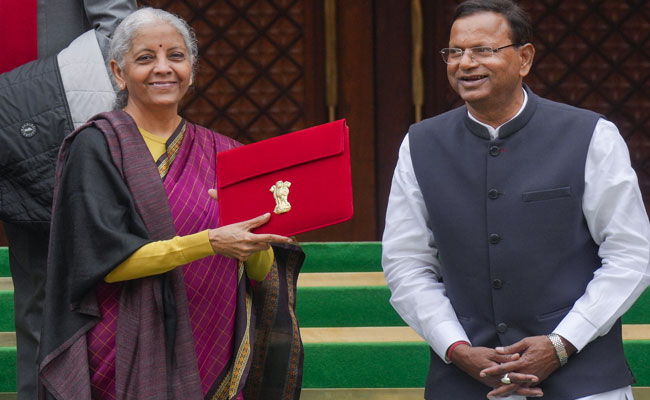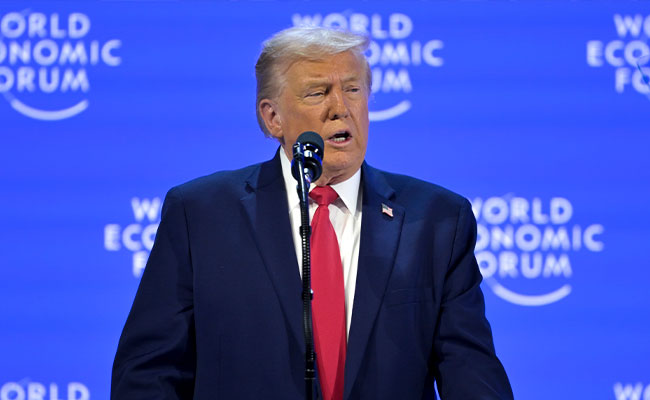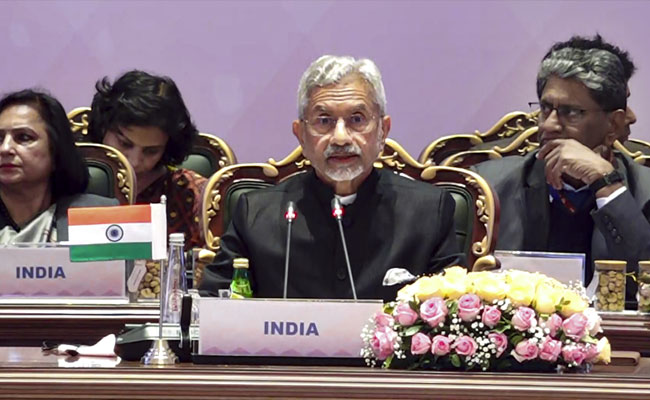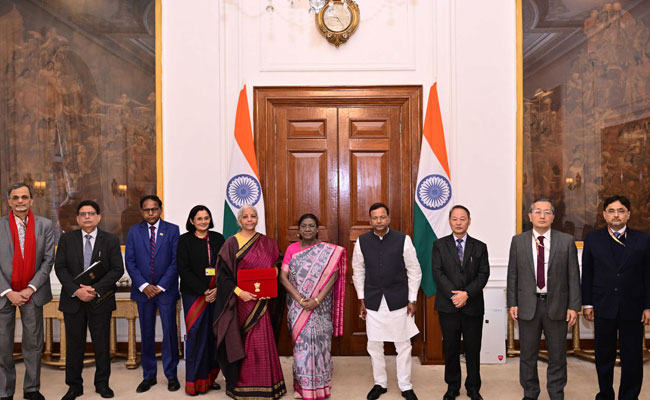Dubai, Apr 22: The UAE has banned travel from India for 10 days from Sunday due to the worsening COVID-19 situation in the country, according to media reports here on Thursday.
The travel ban will come into effect from 11.59 pm on Saturday, April 24, and is subject to review after 10 days, the Gulf News reported.
Passengers who have transited through India in the last 14 days are also not permitted to board from any other point to the UAE, the report said.
However, departure flights will continue to operate, it added.
UAE citizens, diplomatic passport holders and official delegations are exempted from the above conditions, it said.
According to Khaleej Times, people are barred from booking flights from the UAE to Indian destinations after April 24 on the Emirates, Etihad, flydubai and Air Arabia websites.
The UAE is the latest country to impose a travel ban on passengers from India after it recorded the world's highest daily tally of 314,835 new COVID-19 infections on Thursday.
Let the Truth be known. If you read VB and like VB, please be a VB Supporter and Help us deliver the Truth to one and all.
New Delhi (PTI): The Union Cabinet headed by Prime Minister Narendra Modi on Sunday approved the Union Budget 2026-27.
Following the approval, Finance Minister Nirmala Sitharaman will present her ninth record Budget in the Lok Sabha that comes in the backdrop of global uncertainties and slowdown in exports.
This is the third Budget of the BJP-led NDA government in its third term in office.
Sitharaman had in her first Budget in 2019 replaced the leather briefcase -- which was in use for decades for carrying Budget documents -- with a traditional 'bahi-khata' wrapped in red cloth. This year's Budget would also be in paperless form.





